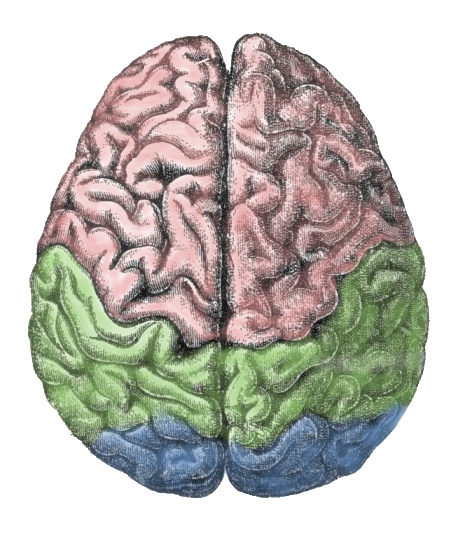

| Visitors Now: | |
| Total Visits: | |
| Total Stories: |

| Story Views | |
| Now: | |
| Last Hour: | |
| Last 24 Hours: | |
| Total: | |
Scientists Discover How The Brain Ages

Credit: Wikipedia
However, in cells that do not have this ability to divide, such as neurons in the brain and elsewhere, little was understood of the ageing process. Now a team of scientists at Newcastle University, led by Professor Thomas von Zglinicki have shown that these cells follow the same pathway.
This challenges previous assumptions on cell senescence and opens new areas to explore in terms of treatments for conditions such as dementia, motor neuron disease or age-related hearing loss.
Newcastle University’s Professor Thomas von Zglinicki who led the research said: “We want to continue our work looking at the pathways in human brains as this study provides us with a new concept as to how damage can spread from the first affected area to the whole brain.”
Working with the University’s special colony of aged mice, the scientists have discovered that ageing in neurons follows exactly the same rules as in senescing fibroblasts, the cells which divide in the skin to repair wounds.
DNA damage responses essentially re-program senescent fibroblasts to produce and secrete a host of dangerous substances including oxygen free radicals or reactive oxygen species (ROS) and pro-inflammatory signalling molecules. This makes senescent cells the ‘rotten apple in a basket’ that can damage and spoil the intact cells in their neighbourhood. However, so far it was always thought that ageing in cells that can’t divide – post-mitotic, non-proliferating cells – like neurons would follow a completely different pathway.
Now, this research explains that in fact ageing in neurons follows exactly the same rules as in senescing fibroblasts.
Professor von Zglinicki, professor of Cellular Gerontology at Newcastle University said: “We will now need to find out whether the same mechanisms we detected in mouse brains are also associated with brain ageing and cognitive loss in humans. We might have opened up a short-cut towards understanding brain ageing, should that be the case.”
Dr Diana Jurk, who did most of this work during her PhD in the von Zglinicki group, said: “It was absolutely fascinating to see how ageing processes that we always thought of as completely separate turned out to be identical. Suddenly so much disparate knowledge came together and made sense.”
The research contributes to the Newcastle Initiative on Changing Age, the University’s response to the societal challenge of Ageing, seeking new ways to make the most of the extensive opportunities associated with increasing human longevity.
The team want to further study the mechanism using the unique resource of the Newcastle Brain Bank.
Contacts and sources:
Karen Bidewell
Newcastle University
2012-09-12 03:43:12
Source: http://nanopatentsandinnovations.blogspot.com/2012/09/scientists-discover-how-brain-ages.html
Source:


